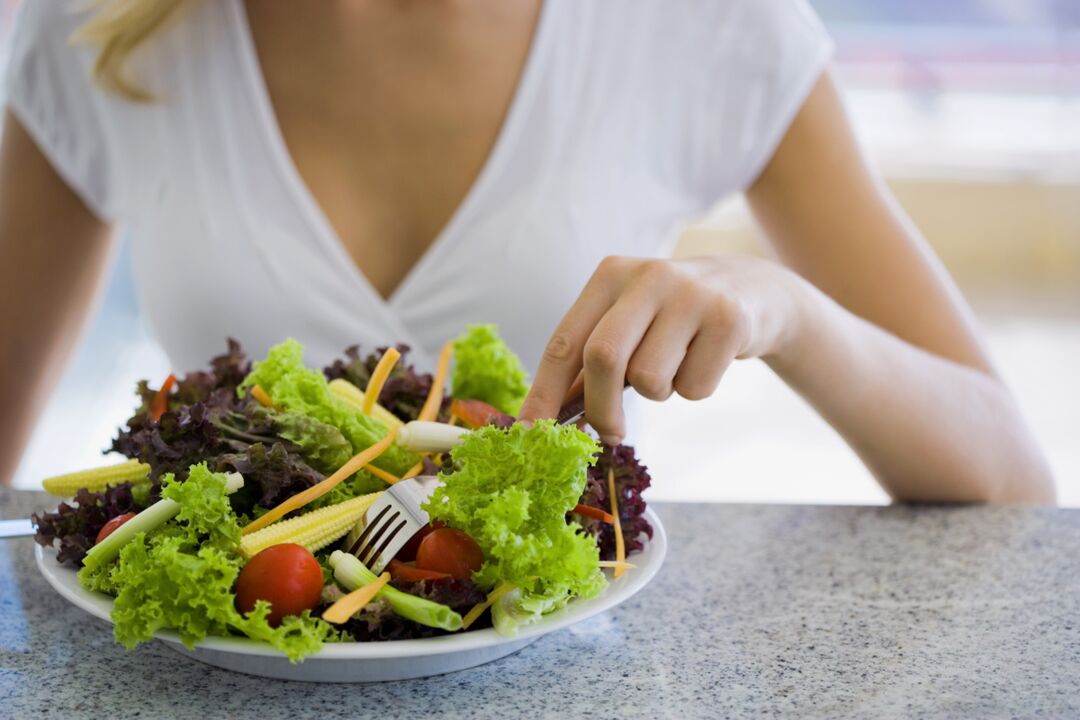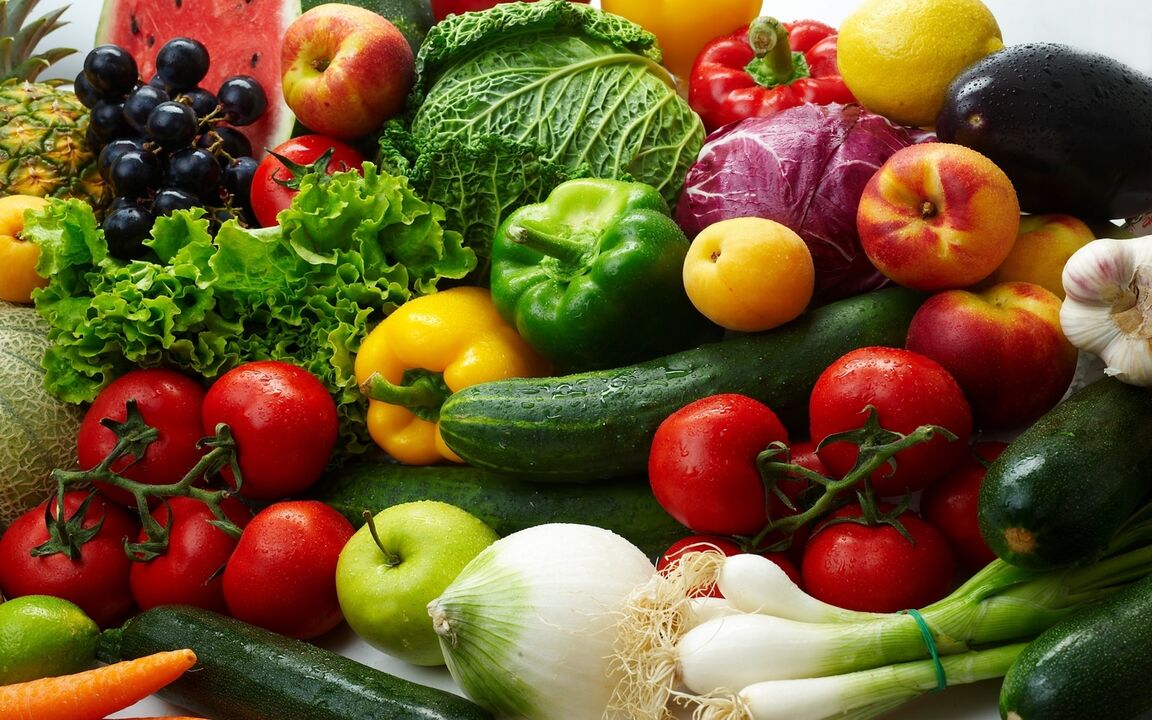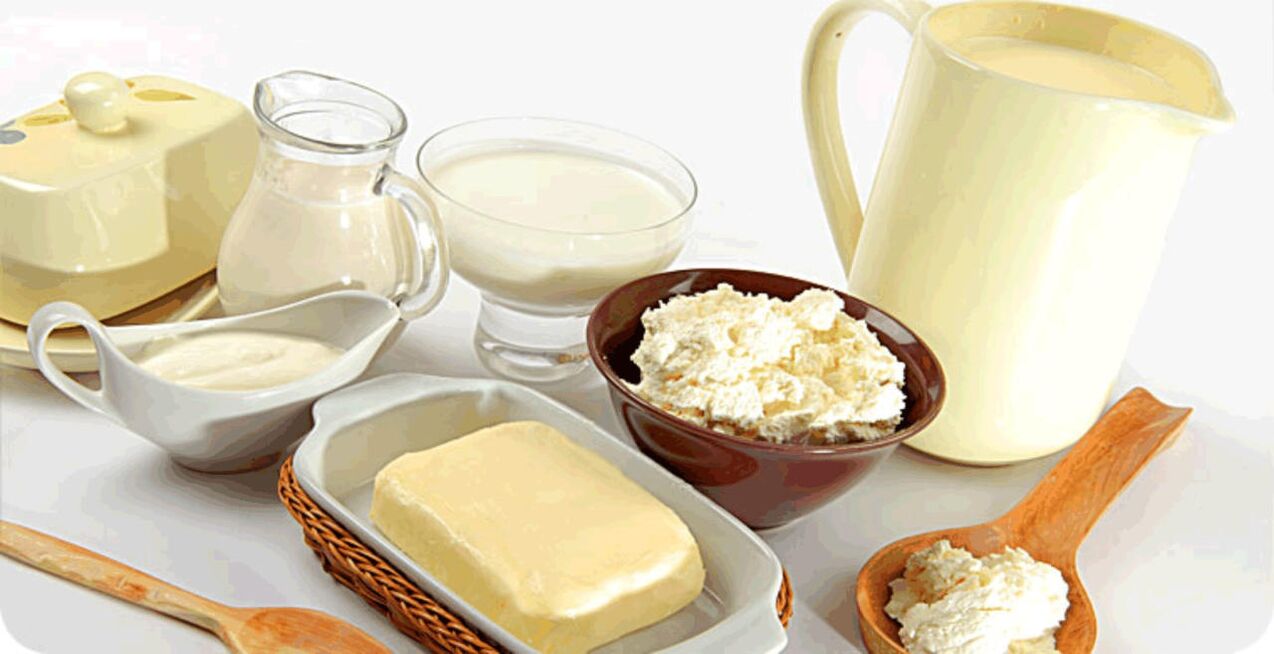When it comes to serious diseases, especially autoimmune diseases, medical treatment alone is not enough. In addition to drugs, the patient is prescribed physiotherapeutic procedures and is recommended to adhere to a special nutrition system. You also need a diet for gout and high uric acid.
What substances increase uric acid
Acute pain in the joints and redness of the skin indicate a violation of uric acid metabolism and complications caused by its excess. As a rule, the percentage of urea in the blood increases due to metabolic disorders. Acid-bound salts turn into stones, leading to gout and urolithiasis.
First of all, diseases occur in people who are genetically predisposed to them, but an unhealthy lifestyle also contributes to an increase in uric acid levels. Excessive alcohol, bakery products, sweets, fatty and spicy foods, as well as improper, restricted diet can trigger the development of the disease.
The gout diet is not temporary, it is permanent and cannot be violated. It is possible to distinguish the principles of nutrition for gout diseases:
- Complete exclusion of purine-containing products: cocoa beans, tea, river fish, anchovies, herring, sardines, asparagus, spinach, legumes, fatty beef and pork, liver products.
- Reducing the intake of proteins, which increases the content of urates.
- Drinking plenty of water to remove uric acid and salts.
- Elimination or significant reduction in salt intake. If consumed, in small quantities during cooking.
- Properly balanced diet and diet, in which the body can get all the necessary substances without overloading it.

What foods can be consumed
Since gout and high uric acid diet are permanent, they should become a habit and a lifestyle. It is better to eat according to the plan, that is, all products and dishes must be provided in advance. Otherwise, there is an opportunity to relax and eat a harmful product. Of course, for this you need to consult a doctor and make a list of allowed foods. The list of what can be consumed and what you can cook for gout includes the following products:
- certain types of meat and fish (chicken, turkey, rabbit meat). Meat is simply boiled and lean;
- Sea products;
- eggs (more than once a day);
- vegetable oils (butter can also be consumed, but infrequently and to a limited extent);
- cereals (except rice) and pasta;
- with a small exception such as parsley, celery, radish, it is recommended to consume plenty of vegetables, fruits and herbs;
- dairy products should be fat-free - yogurt, kefir, fermented baked milk, unsalted cheese;
- spices are best excluded, but sometimes you can use a small amount of bay leaves, cinnamon, vanilla, vinegar;
- only from sweet natural products - honey, jam, marmalade;
- alcohol should be completely excluded, but in very rare cases no more than 100 g of vodka is allowed;
- from drinks - ordinary and mineral water, allowed juices, rosehip juice, chicory, fruit drink.

what not to eat
In addition to the allowed foods to eat, you should decide not only those that can not be eaten raw, but also those who cook any dishes:
- sausages and fatty meats;
- tomatoes, asparagus, cauliflower, spinach;
- canned vegetables and canned fish and meat;
- mushrooms in any form;
- fatty dairy products;
- animal fats;
- Plum;
- smoked products (fish, meat);
- Spice;
- desserts, especially with lots of cream;
- spicy and salty cheeses.

The list of allowed and prohibited products should be adapted to each case. If the patient has concomitant diseases such as diabetes mellitus or diseases of internal organs, this should also be taken into account. It should also be noted that different types and stages of gout require temporary restrictions, even for a chosen diet. Therefore, with exacerbation, meat and fish are completely excluded.
If a person suffers from swelling of the joints, it is recommended to use watermelon and herbal decoctions.
correct menu
In order to decide which dishes are suitable for you, it is important not only to know what can be consumed, but also to know under what conditions it can be consumed. It is recommended to choose nutritious and high-calorie but simple meals for breakfast. Very convenient: cereals, cheesecakes, veggie omelet, pancakes. For lunch, it is better to choose the first vegetable dishes, boiled meat, steamed meatballs or cutlets, compotes, vegetable salads, milk soups and cereals.
Dinner should be light, but not make you feel hungry. It is preferable to choose dishes from vegetables, low-fat dairy products: vegetable and cottage cheese casseroles, pancakes with jam, kefir, dried fruits, steamed fish with vegetables, etc. Once a week, nutritionists recommend fasting. But in no case do not do without food! For such days, a small amount of fruits and vegetables, as well as sour-milk products are ideal.
In any case, the attending physician and nutritionist should determine which foods can be consumed and which should be excluded. It is not safe to choose one diet yourself - in the process of treating one disease, you can acquire another.















































































